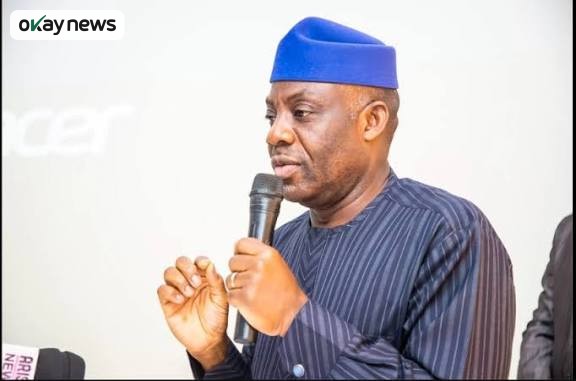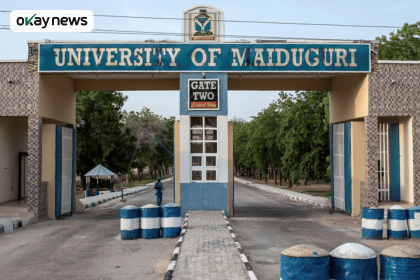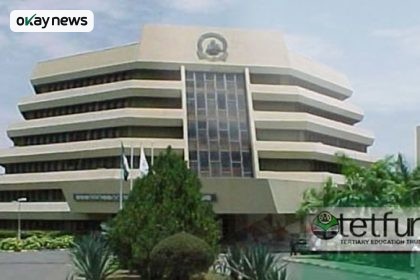The Nigerian Academy of Education has strongly criticised the decision of the Federal Government of Nigeria to discontinue the National Language Policy, calling for an immediate reversal and warning that the move threatens long-term educational development and cultural continuity in the country. Okay News reports.
In a detailed position paper submitted on November 25 and made public on Friday, the Academy stated that extensive research across Africa and globally shows that early-grade learning conducted in indigenous languages significantly boosts comprehension, literacy development, and cultural confidence. According to the document, mother-tongue instruction helps children understand concepts faster, promotes inclusive education, and strengthens national identity.
The statement, jointly signed by the President of the Academy, Emeritus Professor Olugbemiro Jegede, and the Secretary-General, Professor Chris Chukwurah, condemned the recent policy reversal as a “grave disservice” to Nigeria’s educational advancement. It added that cancelling mother-tongue teaching at the foundational stages without rigorous evaluation amounted to “permanent recolonisation and the burial of Nigeria’s future and pride.”
The Federal Government had recently announced the cancellation of the 2022 National Language Policy, reverting fully to English language as the medium of instruction across all levels of education. The Minister of Education, Dr. Maruf Tunji Alausa, reiterated this position at the 2025 Language In Education Conference organised by the British Council in Abuja.
However, the Nigerian Academy of Education insisted that available evidence contradicts the rationale given for the reversal. It cited the renowned Ife Six-Year Project and other recent bilingual-education case studies, explaining that children who begin learning in their mother tongue generally outperform their peers taught exclusively in a foreign language, including in English.
The Academy dismissed the claim that poor performance in public examinations was caused by mother-tongue instruction, emphasising that the policy only covered early-grade classes up to primary four. It further stated that there is no verifiable data showing that the use of indigenous languages undermined learning outcomes in the past fifteen years.
Calling for immediate reinstatement of the National Language Policy, the Academy urged the Nigerian government to prioritise proper implementation by improving teacher training, providing adequate instructional materials, strengthening stakeholder engagement, and conducting regular evidence-based assessments.
According to the Academy, preserving early-grade learning in local Nigerian languages is crucial for protecting national heritage and addressing the country’s ongoing literacy challenges.
In a separate statement, the Academy also expressed deep concern over the increasing attacks on schools across Nigeria. It warned that the education system is “under siege,” with alarming consequences for learners, teachers and entire communities. According to its findings, at least ninety-two school attacks, over two thousand five hundred abducted learners, more than one hundred and eighty children killed, ninety injured and over ninety still missing have been recorded since the 2014 abduction of schoolgirls in Chibok, culminating in the recent attack at Saint Mary’s School in Niger State on November 21.
“These are not statistics but shattered dreams, grieving families and a generation at risk,” the Academy said, stressing that the escalating violence is eroding the foundation of national growth.
Although acknowledging federal safety initiatives such as the Safe Schools Declaration and National Plan For Financing Safe Schools, the Academy argued that these efforts have not been sufficient. It warned that schools in the North-East and Middle Belt remain highly vulnerable and that overall public confidence in the system is declining due to weak security structures and inadequate emergency-response mechanisms.
The Academy highlighted the severe psychological impact of school attacks, including trauma, anxiety and emotional distress for children, educators and families, adding that the long-term implications for human capital development could be devastating.
It therefore called for coordinated and urgent action to protect children, ensure accountability for perpetrators, improve intelligence gathering, provide trauma support for victims, and compensate bereaved families.
“Education is the lifeblood of any nation. If Nigeria fails to protect its schools and its young ones, it fails to protect its future,” the Academy warned, urging the government and stakeholders to prioritise meaningful results over political rhetoric.







